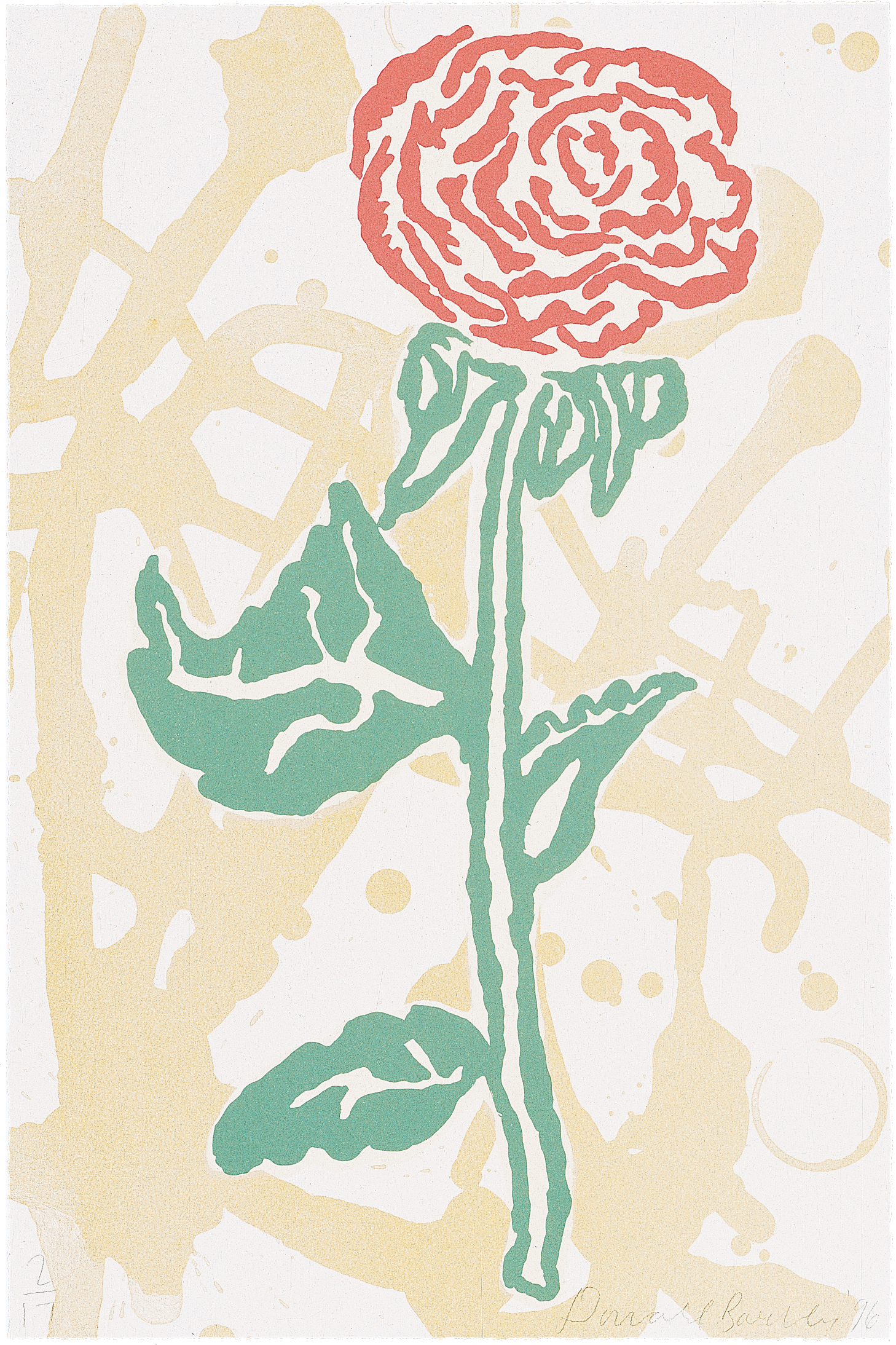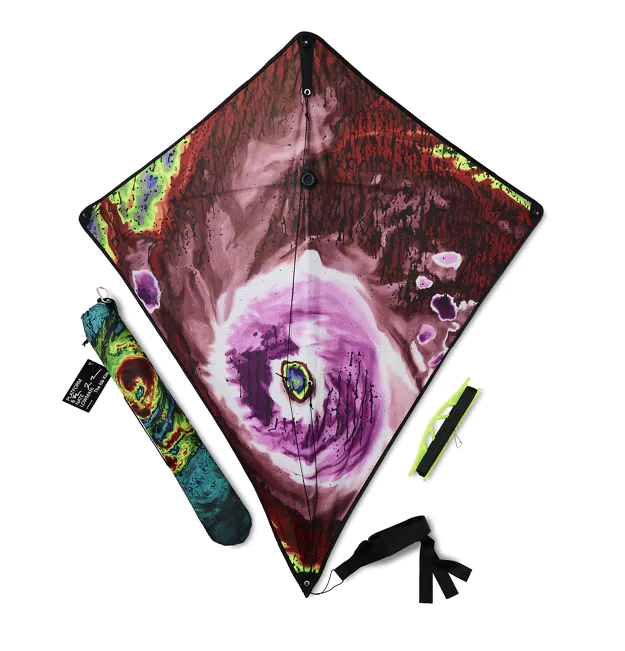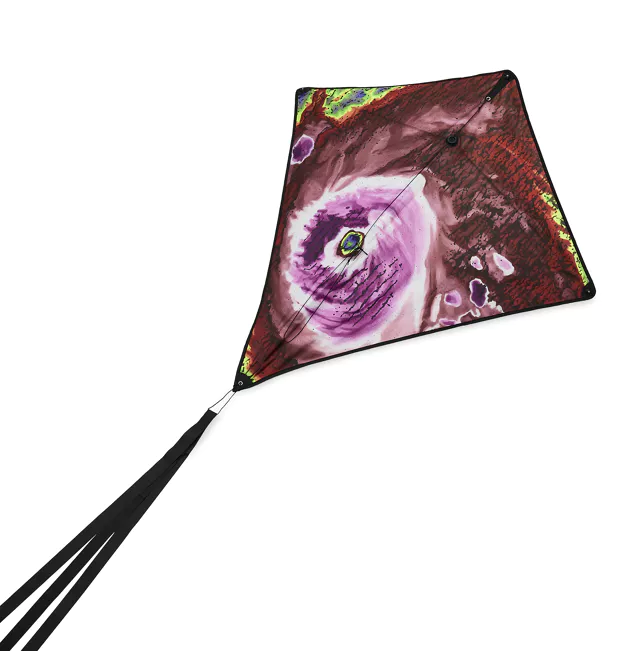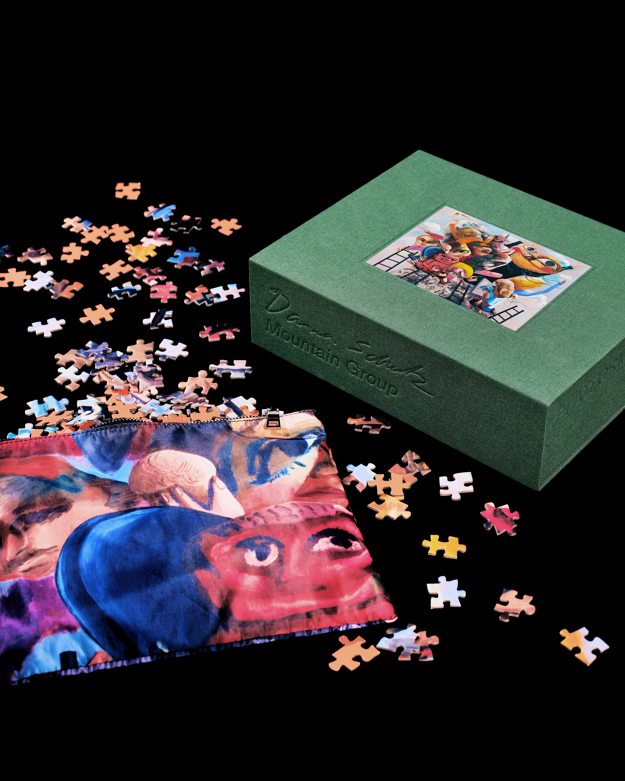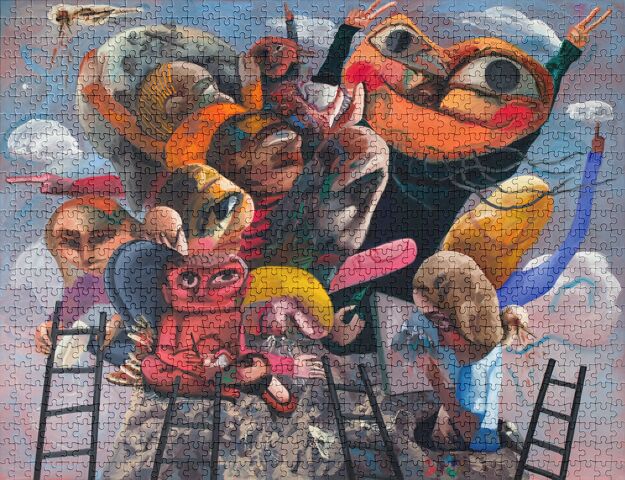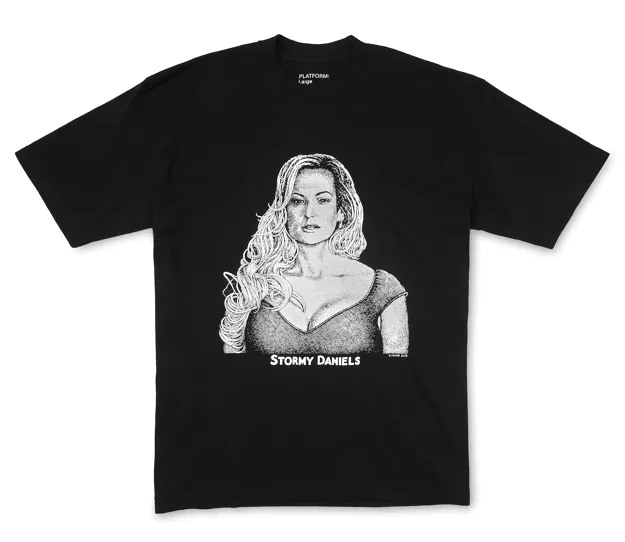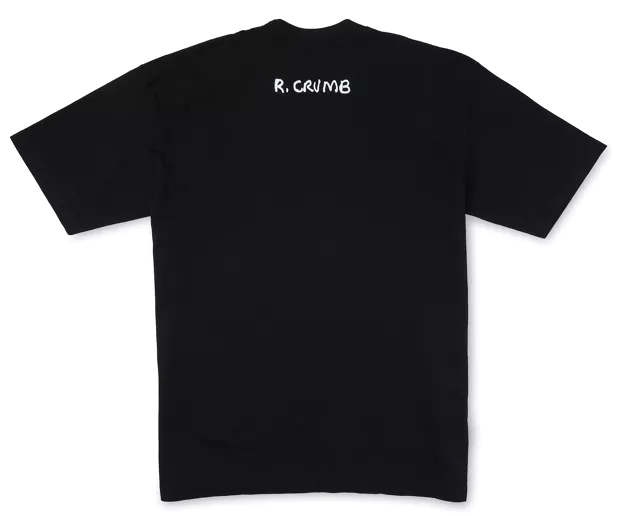Details:
① Artwork:
The Two Sided Flower
In this lithograph, the artist has printed his iconic rose on both sides of the paper—one in black silhouette and the other in red and green. Both sides also employ an abstract splatter image as a ground for each flower, which creates a rousing juxtaposition of dissimilar forms.
Donald Baechler crudely renders line drawings of men, women, body parts, vegetables, or flowers against richly built-up backgrounds of paint, pentimenti, and collaged sheets of paper in his art. He was inspired by the immediacy and spontaneity of the untrained artist: the art of the insane, children's schoolwork, and graffiti. Yet despite this interest in tapping the subconscious, his painterly, textured surfaces fall closer in spirit to the abstract work of Cy Twombly or Robert Ryman.
Specs:
③ Artist:
In his artworks, Donald Baechler places crudely rendered line drawings of men, women, body parts, vegetables, or flowers against richly built-up backgrounds of paint, pentimenti, and collaged sheets of paper. Like Jean Dubuffet's Art Brut, Baechler was inspired by the immediacy and spontaneity of the untrained artist: the art of the insane, children's schoolwork, and graffiti. But while his interest in tapping the subconscious to create odd juxtapositions of seemingly unrelated images or objects links him to the Surrealist tradition, his interest in painterly, textured surfaces is closer in spirit to abstract artists like Cy Twombly or Robert Ryman. Bypassing the compressed flatness that is a natural result of the printing process, his collage-based layering processes translate well into a wide variety of print media.
Donald Baechler (1956-2022) studied at the Maryland College of Art (1974-1976), attended Cooper Union in New York (1977-1978), and Frankfurt's Staatliche Hochschule für bildende Künste (1978-1979).
He exhibited his paintings, drawings, prints, and sculptures internationally since having his first one-person show at the Maryland Institute College of Art in 1977.
Baechler's work was included in the Whitney Museum of American Art's Biennial Exhibition (1980) as well as the Corcoran Gallery of Art's 43rd Biennial Exhibitions of Contemporary American Painting (1994).
